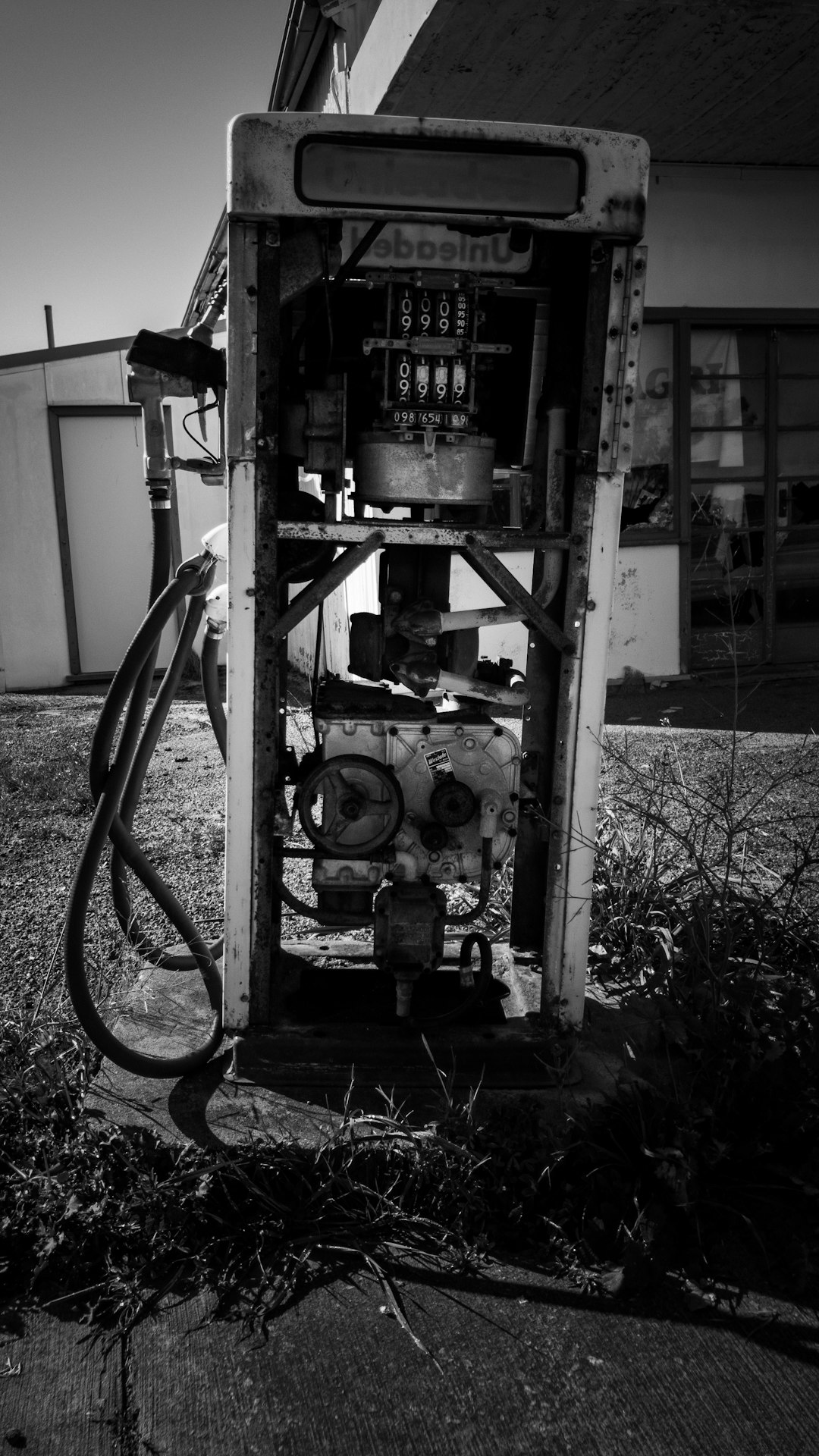According to the American Cancer Society (ACS), at least 600,000 Americans die of cancer every year. Currently, the common methods for cancer treatment include, among others, chemotherapy, radiotherapy, and surgery. Considering the tough side effects that arise from these treatment methods, scientists and other experts are working towards advances in therapeutic cancer vaccines. The vaccines aim at enhancing the body’s immunity against tumors and other metastatic diseases. So far, there hasn’t been a reliable breakthrough in developing a cancer vaccine, although there have been some important advances in this space. Here’s a look at three such advances.
Sipuleucel-T Vaccine for Prostate Cancer
This vaccine works by activating the immune cells of the body to multiply and destroy prostate cancer cells. Since the vaccine is made with an antigen specific to prostate cancer, the activated immune cells identify the prostate cancer cells in the body and attack them. Considering the effectiveness of this vaccine, the U.S. Food and Drug Administration (FDA) approved its usage in 2010.
Anti-idiotype Vaccine for Follicular Lymphoma
This vaccine comprises antibodies that perceive other antibodies as the antigen and binds to them. According to clinical studies, this vaccine triggers the body to release more antibodies that help fight off cancerous cells, as per the National Center for Biotechnology Information (NCBI). While this vaccine does not cure follicular lymphoma completely per the clinical trials, it increases the average relapse period from 30 months to 44 months. Additionally, patients that use this vaccine experience a lower tumor burden.
Emepepimut-S Vaccine for Non-Small Cell Lung Cancer
Lung cancer is one of the most common cancers in the U.S., as per the National Cancer Institute (NCI). Most solid tumors such as lung cancer contain MUC-1, mucin that hinders the activity of the body’s immune cells such as the killer T-cells. If approved, emepepimut-S vaccine will be used to induce an immune response specific to MUC-1, and this will most likely enhance the performance of the immune cells of the body for patients with non-small cell lung cancer. This is due to the transforming growth factor antisense transgene present in the vaccine. Belagenpumatucel-L is another vaccine undergoing trials for the treatment of non-small cell lung cancer.
Conclusion
These are some of the major advances in therapeutic cancer vaccines. While the sipuleucel-T vaccine is already in use for the treatment of prostate cancer, other vaccines are still undergoing clinical trials. Considering the positive results from some of the trials, there’s hope that the experts will experience a breakthrough in finding vaccines for all types of cancer.











